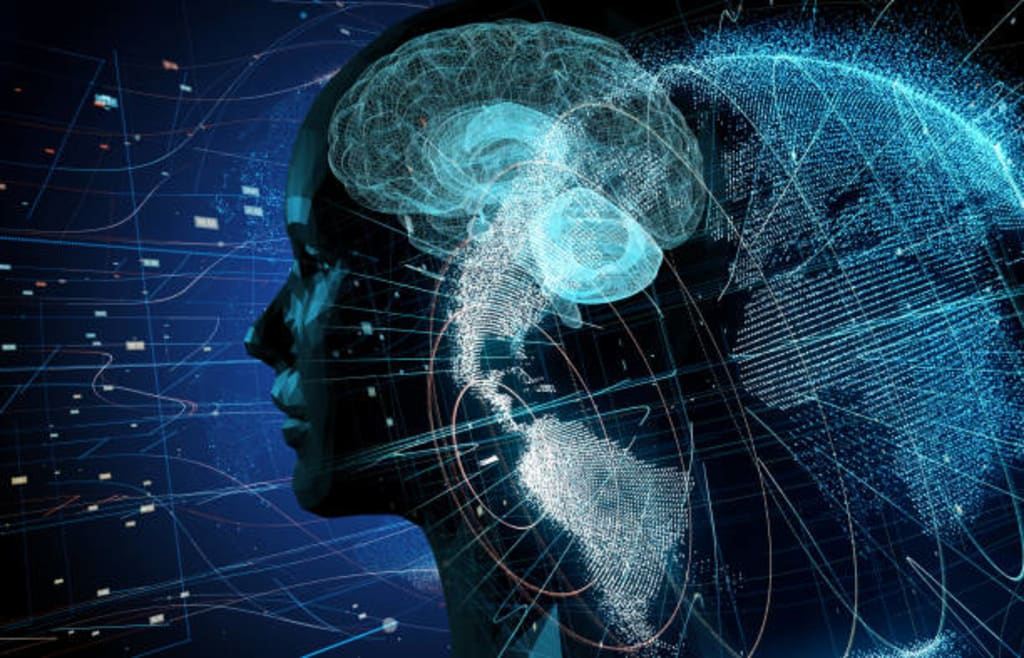
Why AI will lead the world to peace.
Introduction
Artificial intelligence (AI) is one of the most promising technologies in history. It will reshape our economic and social systems, and it could even save millions of lives. But what if AI is also a threat? That's why we need to be careful about how we use this technology while still moving forward with its development.
AI will make war less destructive
AI will make war less destructive.
AI will make war less likely.
AI will help us prevent war.
AI will transform our economy.
AI will transform our economy.
AI is already helping us to do more with less, but it will continue to be a major driver of economic growth and job creation. As we become more efficient, faster and more productive at work, new industries will emerge that can't be automated; in fact, they’re just now being created. These new jobs are likely to require skills like creativity or empathy—skills that humans have developed over thousands of years through history as a result of interacting with other humans face-to-face or over distance through language (or even nonverbal communication).
AI can be used as a way to prevent war.
One of the most important ways AI can help prevent war is by using it to track weapons and monitor military activity. AI has become a powerful tool for monitoring weapons, which allows us to detect threats before they happen. This means that AI could help prevent conflicts from escalating into full-scale wars.
A second way that AI could be used in this way is by detecting human rights abuses committed by governments or organizations against their own people. If a country's government was found guilty of such atrocities, then armies around the world would have evidence against them and could use it as grounds for war crimes trials against those responsible—this would prevent future conflict between nations over human rights issues like these ones!
AI could save millions of lives.
AI could save millions of lives.
One way that AI can be used to help humanity is by predicting pandemics, like the Ebola crisis in Africa in 2014. In this case, Google DeepMind's machine learning system was able to predict where the virus would spread and how long it would take before it reached Europe or the U.S., which helped contain its effects around Africa and elsewhere on Earth during one of humankind’s most devastating epidemics ever recorded.
Another project involves using deep learning techniques (also called artificial neural networks) to identify cyber attacks before they happen – something that could potentially prevent millions from being hurt by them every year!
AI is the solution to humanity's problems, not just its threats.
AI is a tool that can be used for good or bad. It's not a threat to humanity, but rather an important part of the solution to many of our problems today.
As AI continues its development and becomes more sophisticated, it will become more useful in solving problems such as climate change and global warming. This could save millions of lives by preventing pollution caused by fossil fuels, which contributes heavily toward global warming and sea level rise. In addition to helping us solve these issues at home, AI will also help us address them abroad—for example: helping refugee camps provide better services for those affected by war; finding ways for countries suffering from drought or famine; tracking disease outbreaks around the world; predicting natural disasters before they occur so we know what resources we need beforehand (e.g., food)
Conclusion
As the pace of technological change continues to accelerate, there’s no doubt that AI will soon be a part of our everyday lives. We can only hope that it will lead us towards a more peaceful future.





Comments
There are no comments for this story
Be the first to respond and start the conversation.